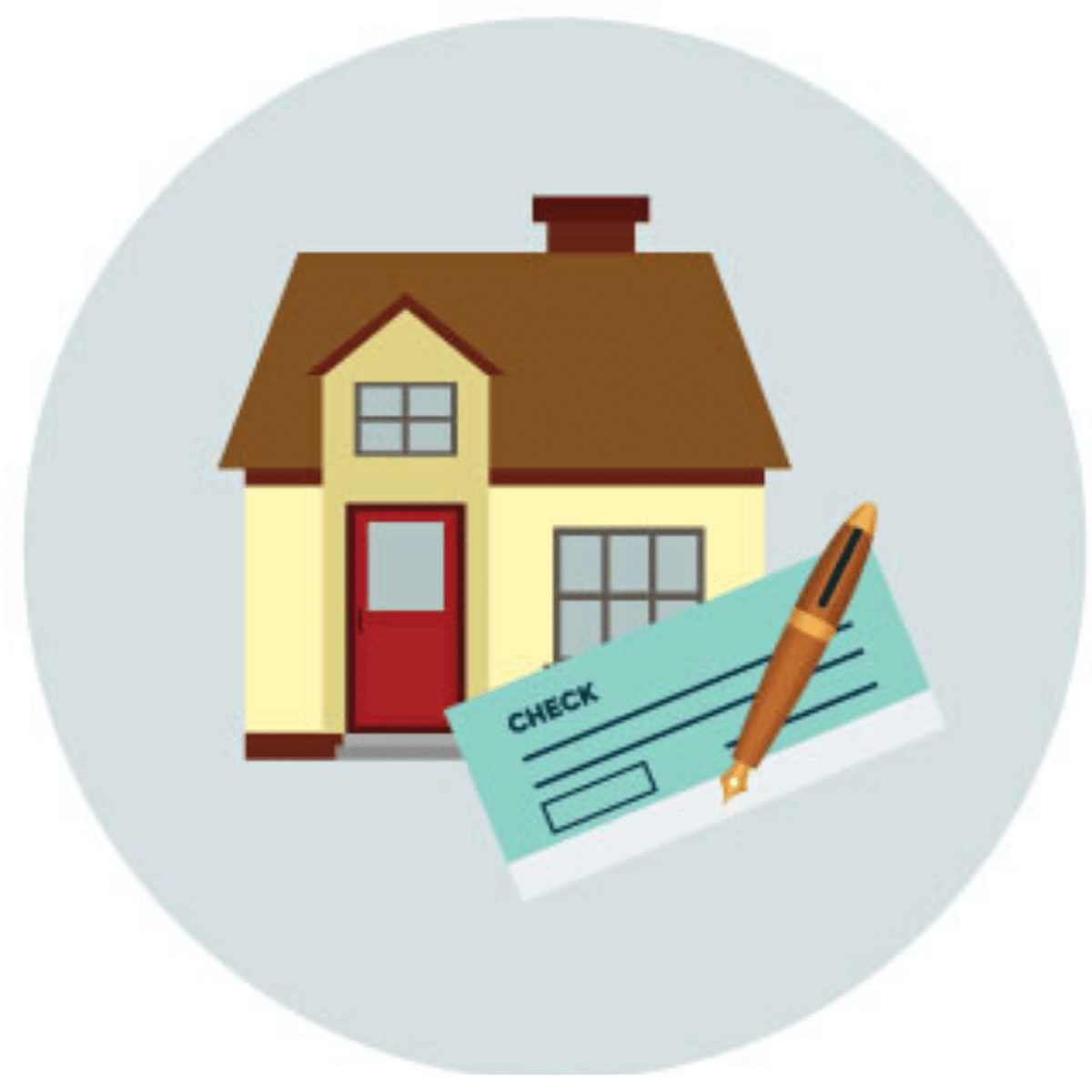Holding the keys to that first home is a milestone event in the life of an adult. New home buyers can become so caught up in getting a new residence that they miss the implications of important fine details of financing a mortgage. For instance, the impact of mortgage points on their loan may get lost in the hustle and bustle of finding the perfect home in the right neighborhood. Initially, a brand new buyer might just be glad to get approved without fully exploring their options.










